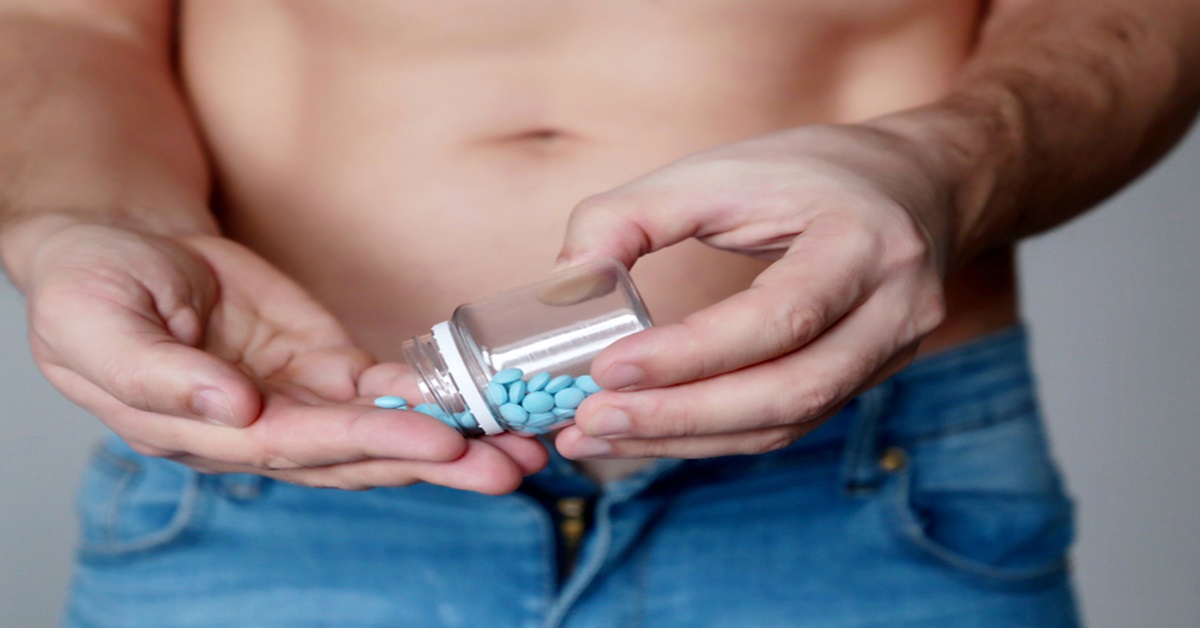Erectile dysfunction (ED) is often associated with older men, but it increasingly affects young adults. Understanding the causes, implications, and treatment options for ED in young adults is essential for anyone experiencing this condition. This article delves into the various aspects of ED in young adults, offering valuable insights and guidance.
Understanding Erectile Dysfunction (ED)
What is Erectile Dysfunction?
Erectile dysfunction, commonly known as ED, is the inability to achieve or maintain an erection sufficient for satisfactory sexual performance. While occasional erection issues are not uncommon, persistent ED can be a sign of underlying health problems and warrants medical attention.
Prevalence of ED in Young Adults
While ED is more prevalent in older men, studies show a significant number of young adults, particularly those aged 20 to 30, also experience this condition. A combination of physical, psychological, and lifestyle factors contribute to the increasing incidence of ED in this age group.
Causes of ED in Young Adults
Physical Causes
- Health Conditions: Diabetes, heart disease, and obesity are known to impact erectile function. These conditions can affect blood flow and nerve function, leading to ED.
- Hormonal Imbalances: Low testosterone levels, often linked to conditions like hypogonadism, can cause ED. Thyroid disorders and high levels of prolactin may also be contributing factors.
- Medications: Certain medications for depression, high blood pressure, and other health issues can cause ED as a side effect.
Psychological Causes
- Stress and Anxiety: The pressures of modern life, including academic, financial, and social stress, can significantly impact sexual performance.
- Depression: Depression is a major psychological factor contributing to ED. The condition itself and the medications used to treat it can both affect erectile function.
- Performance Anxiety: Concerns about sexual performance can create a vicious cycle of anxiety and ED, where fear of failure leads to actual failure.
Lifestyle Factors
- Substance Abuse: Alcohol, tobacco, and recreational drugs are known to impair sexual function. Chronic use can lead to long-term ED.
- Poor Diet and Lack of Exercise: A sedentary lifestyle and unhealthy eating habits contribute to conditions like obesity and cardiovascular disease, which in turn cause ED.
- Sleep Disorders: Poor sleep quality and disorders like sleep apnea are linked to erectile dysfunction.
Diagnosis and Treatment
Diagnosing ED in Young Adults
Diagnosing ED involves a comprehensive medical evaluation, including:
- Medical History: Discussing symptoms, medical conditions, and lifestyle habits with a healthcare provider.
- Physical Examination: Checking for physical causes such as hormonal imbalances or underlying health conditions.
- Psychological Assessment: Evaluating mental health status to identify psychological factors contributing to ED.
- Blood Tests: Measuring hormone levels, blood sugar, and cholesterol.
- Specialized Tests: Penile Doppler ultrasound to assess blood flow or nocturnal penile tumescence (NPT) test to monitor erections during sleep.
Treatment Options
- Lifestyle Modifications: Improving diet, exercising regularly, quitting smoking, and reducing alcohol intake can significantly improve erectile function.
- Psychotherapy: Counseling or therapy to address stress, anxiety, or depression can be effective. Cognitive-behavioral therapy (CBT) is particularly beneficial.
- Medications: Phosphodiesterase type 5 inhibitors (PDE5 inhibitors) like sildenafil (Viagra),tadalafil (Cialis), and vardenafil (Levitra) are commonly prescribed. These medications enhance blood flow to the penis.
- Hormone Therapy: If low testosterone is the cause, hormone replacement therapy might be recommended.
- Vacuum Erection Devices: These devices help draw blood into the penis by creating a vacuum, often used when medications are not effective.
- Surgical Options: In severe cases, penile implants or vascular surgery may be considered.
Preventing ED in Young Adults
Healthy Lifestyle Choices
- Regular Exercise: Engaging in regular physical activity improves cardiovascular health and blood flow.
- Balanced Diet: Consuming a diet rich in fruits, vegetables, whole grains, and lean proteins supports overall health and sexual function.
- Avoiding Substance Abuse: Limiting alcohol consumption and avoiding tobacco and recreational drugs can prevent ED.
Managing Stress and Mental Health
- Stress Reduction Techniques: Practices such as mindfulness, meditation, and yoga can help reduce stress and anxiety.
- Seeking Support: Talking to a therapist or joining a support group can provide emotional support and practical advice.
- Healthy Sleep Habits: Ensuring adequate and quality sleep is crucial for maintaining sexual health.
Conclusion
Erectile dysfunction in young adults is a growing concern that requires attention and understanding. By recognizing the causes and seeking appropriate treatment, young men can overcome this condition and lead healthy, fulfilling lives. Lifestyle changes, medical treatments, and psychological support are all essential components in managing and preventing ED. If you experience persistent erectile issues, consult a healthcare provider to explore your options and take proactive steps towards recovery.









